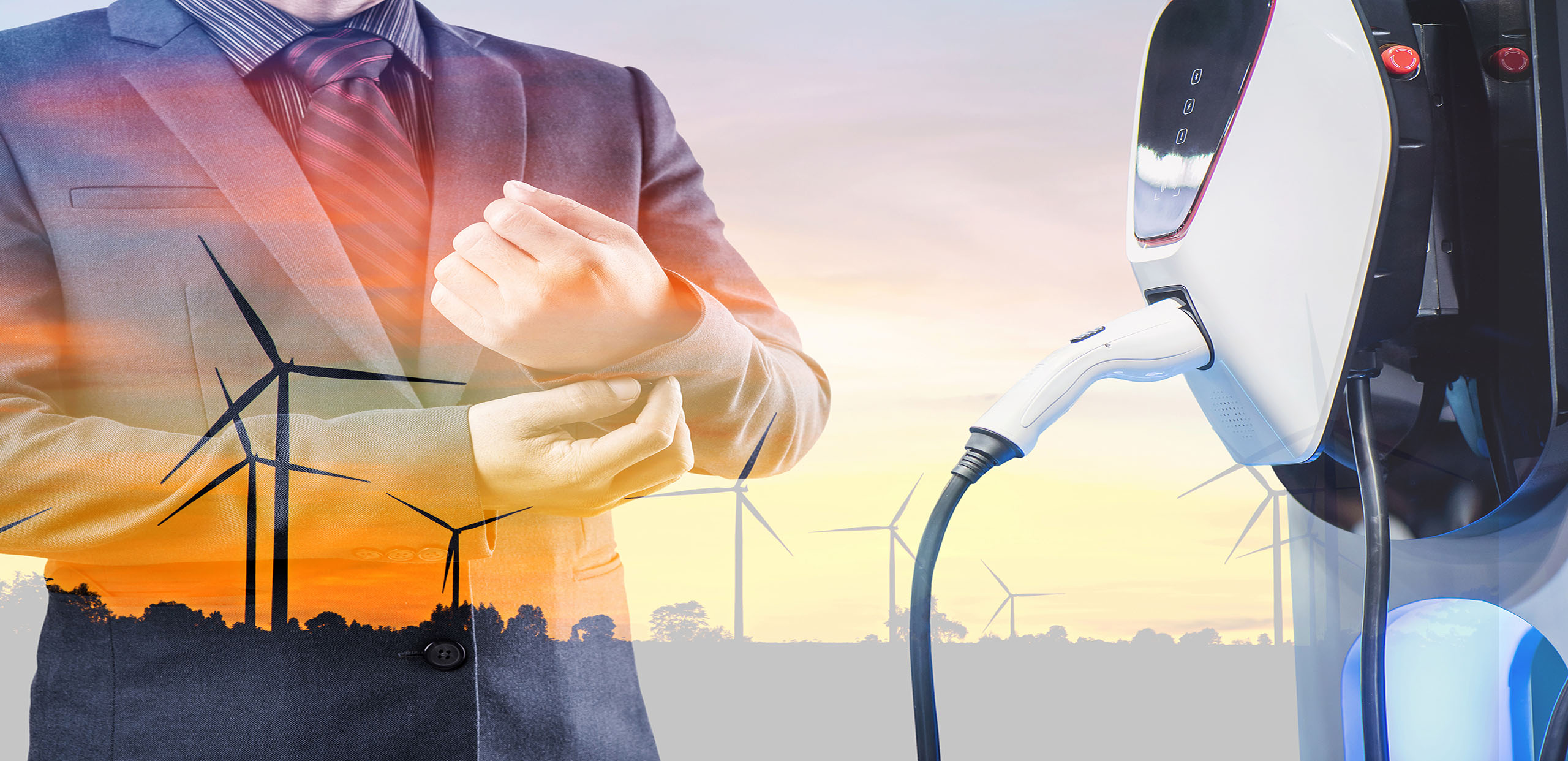The ongoing debate between hydrogen and electric cars has sparked curiosity among enthusiasts, raising questions about the future dominance of hydrogen-powered vehicles over electric ones. To aid prospective electric vehicle buyers in making an informed decision, this article delves into a comprehensive comparison of Hydrogen vs Electric cars, considering factors such as efficiency, performance, driving range, environmental impact, and more.
Overview
Both hydrogen and electric cars offer eco-friendly alternatives to traditional gasoline vehicles. Hydrogen cars employ fuel cells converting hydrogen gas into electric current, while electric cars rely on batteries charged by electrical grids. While electric cars have a broader user base, hydrogen cars are gaining popularity due to quick refuelling and extended travel range.
How Do Hydrogen Cars Work?
Hydrogen fuel cell electric cars utilize an electrochemical reaction, combining high-pressure hydrogen gas with oxygen to generate electricity and water vapor. Acting as small hydrogen-fuelled power stations, these cars can travel approximately 400 miles before requiring a refill at dedicated stations.
How Do Electric Cars Work?
Electric vehicles operate on electric current stored in lithium-ion batteries, powering an electric motor. Charging the battery either at home or at charging stations is essential for their operation. Electric cars have gained popularity for their silence, emission-free operation, and lower maintenance costs.
Pro’s & Con’s
| Hydrogen | Electric |
|---|---|
| Pros: Faster refuelling Extended Range Zero emissions | Pros: Advanced infrastructure Emission-free Lower maintenance |
| Cons: Lack of infrastructure Higher Cost Energy intensive production | Cons: Limited range Battery lifespan Developing charging station network |
Comparing Various Parameters
| Driving Range | Efficiency | Environmental Impact: | Powering/Refuelling Stations |
|---|---|---|---|
| Hydrogen cars offer a driving range of 400 to 600 miles, surpassing most electric cars. | Electric cars, with an efficiency of around 80%, outperform hydrogen vehicles in energy utilization. | Hydrogen cars release water vapor, promoting eco-friendliness, while electric cars may impact the environment during battery production and disposal. | Electric cars have a more extensive charging station network compared to hydrogen refuelling stations. |
| Powering/Refuelling Time | Performance | Safety | Emissions |
|---|---|---|---|
| Hydrogen cars win in terms of refuelling time, taking 5 to 10 minutes, while electric cars require 4 to 8 hours for a full charge. | Hydrogen vehicles offer higher performance, but electric cars are considered convenient for most users. | Both hydrogen and electric cars come with safety concerns, with hydrogen cars having flammability risks and electric cars facing challenges with lithium-ion batteries. | Both vehicles produce minimal direct emissions, but the manufacturing process contributes to environmental impact. |
Conclusion
Considering the comparison, electric cars emerge as a more efficient, cost-effective, and sustainable option for most users. While hydrogen fuel cells may find applications in specific industries, electric cars are likely to maintain their dominance in the consumer market for the foreseeable future. Ultimately, the choice between hydrogen and electric cars depends on individual needs, preferences, and values.





